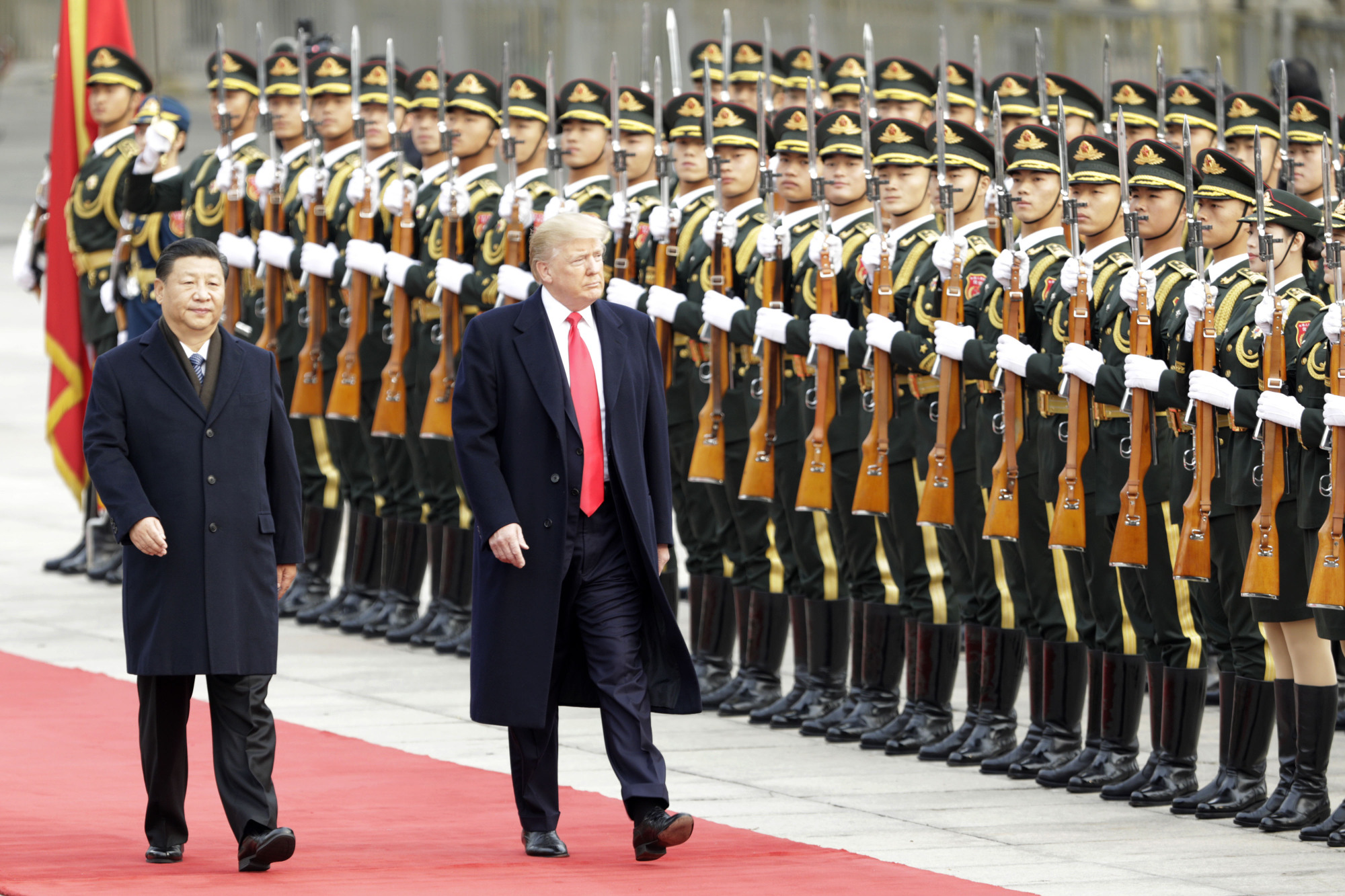At times of great global upheaval, policymakers often reach for familiar historical analogies to help them make sense of an uncertain future. Consider the debate over whether the deepening confrontation between the United States and China constitutes a "new Cold War"
It is a marker of how quickly the U.S.-China relationship has deteriorated that commentators are invoking the analogy. Only three years ago, President Barack Obama observed that the U.S. had more to fear from a weak, failing China than a strong, confident China. Now, the critical question is not whether that relationship is fated for rivalry, but how deep, enduring and dangerous the rivalry will be.
Analysts such as Robert Kaplan argue that the U.S.-China struggle to shape the 21st century will resemble the all-consuming U.S.-Soviet competition for dominance in the decades after 1945. Other observers — including leading Cold War historians — have warned that the Cold War analogy is flawed and even dangerous. Such thinking "is a kind of terminological laziness that equates the conflicts of yesteryear ... with what takes place today," writes Harvard University's Odd Arne Westad. Misunderstanding the threat China poses, they warn, will push the U.S. toward excessively confrontational policies.



















With your current subscription plan you can comment on stories. However, before writing your first comment, please create a display name in the Profile section of your subscriber account page.